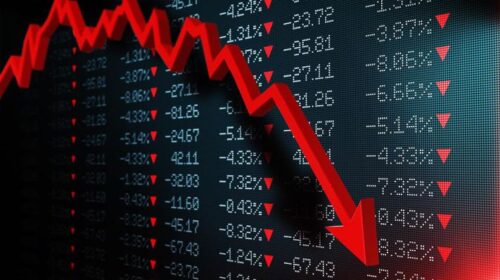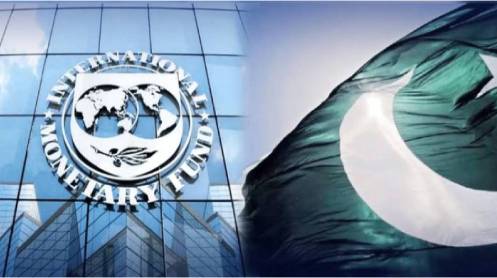Finance ministry on Wednesday said Pakistan’s economy is also facing the inflation headwinds due to record high international energy and food prices.
The recent developments in the international markets threaten the recovery of the global economy including Pakistan, the ministry said in a statement
“Record high international prices of energy, food and other commodities combined with rising freight costs have hit Pakistan hard, with inflation rising to 12 percent in February 2022.”
However, inflation is not just a Pakistan specific problem, inflation in the US, UK, EU and emerging markets is the highest in three decades.
The government has provided unprecedented relief measures to the masses through lowering prices of petrol, diesel and electricity and rolling out the most comprehensive targeted food subsidy program across Pakistan covering 20 million households, the ministry said.
The government has reduced taxes on all petroleum products to 0zero percent and frozen prices at the pump to shield consumers.
“As a result, the domestic consumers are paying Rs50/litre on petrol compared to Rs187/ litre in Bangladesh and Rs244/ litre in India, the statement added.
Similarly, the low and middle income households have been provided relief on their power consumption by Rs5/unit reduction in their monthly bills.
An estimated Rs300 billion relief has been provided to the masses to shield them from the rising international energy prices.
The statement said the economy is projected to sustain growth of 5 percent with record exports of $30 billion, record remittances and highest ever agriculture farm output in the current fiscal year.
Private sector credit growth has doubled in the current year, as a result of higher manufacturing and services industry activity.
“Manufacturing sector has posted growth of 7.6 percent in the current year, and the manufacturing index in January 2022 posted the highest ever output recorded.”
The statement said unlike previous boom bust cycles, the government is focused on sustainable ‘inclusive’ growth.
“The key risk of a balance of payment crisis has been pre-empted through early monetary and exchange rate adjustments, and as a result we are already seeing that the current account deficit has started to decline, falling to $ 545mn in February, from average of $ 1.5 billion in the previous seven months.”
Similarly, on the fiscal front tax collections have increased 30 percent in the current year, giving much needed fiscal space for the government to undertake relief measures against inflation for the public.
“Hence, not only is Pakistan’s economy on a sustainable growth path but the quality of growth has also improved considerably due to the ‘inclusive’ or bottom up approach taken by the PTI government.”





